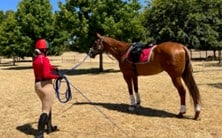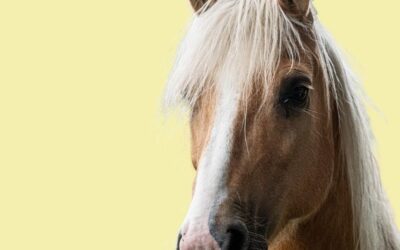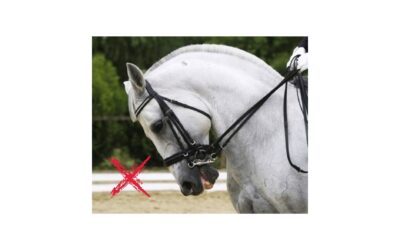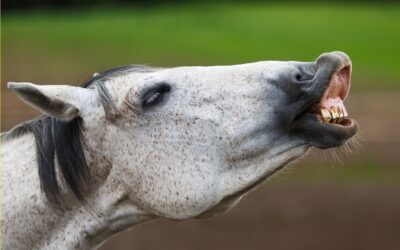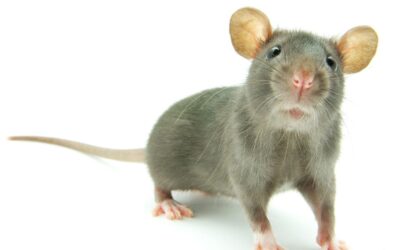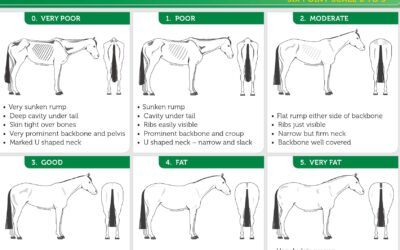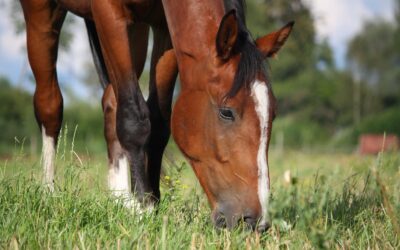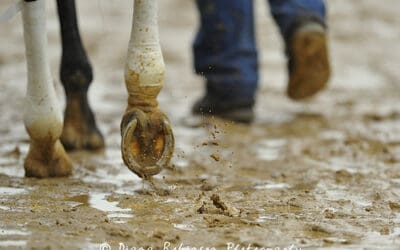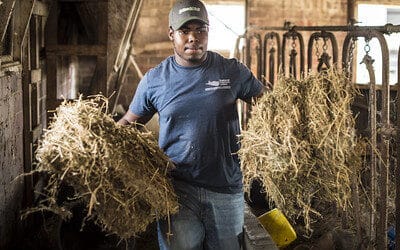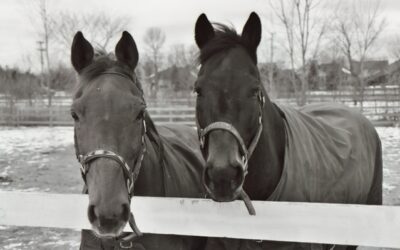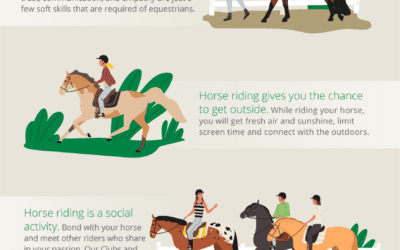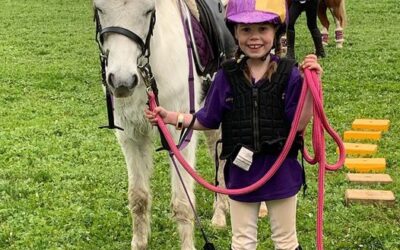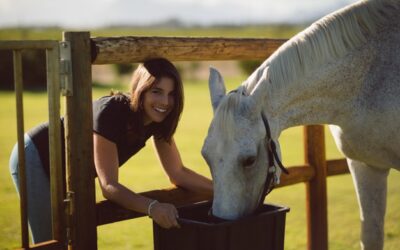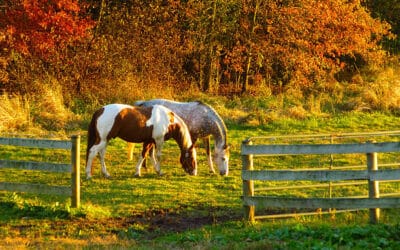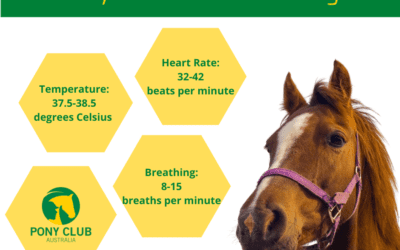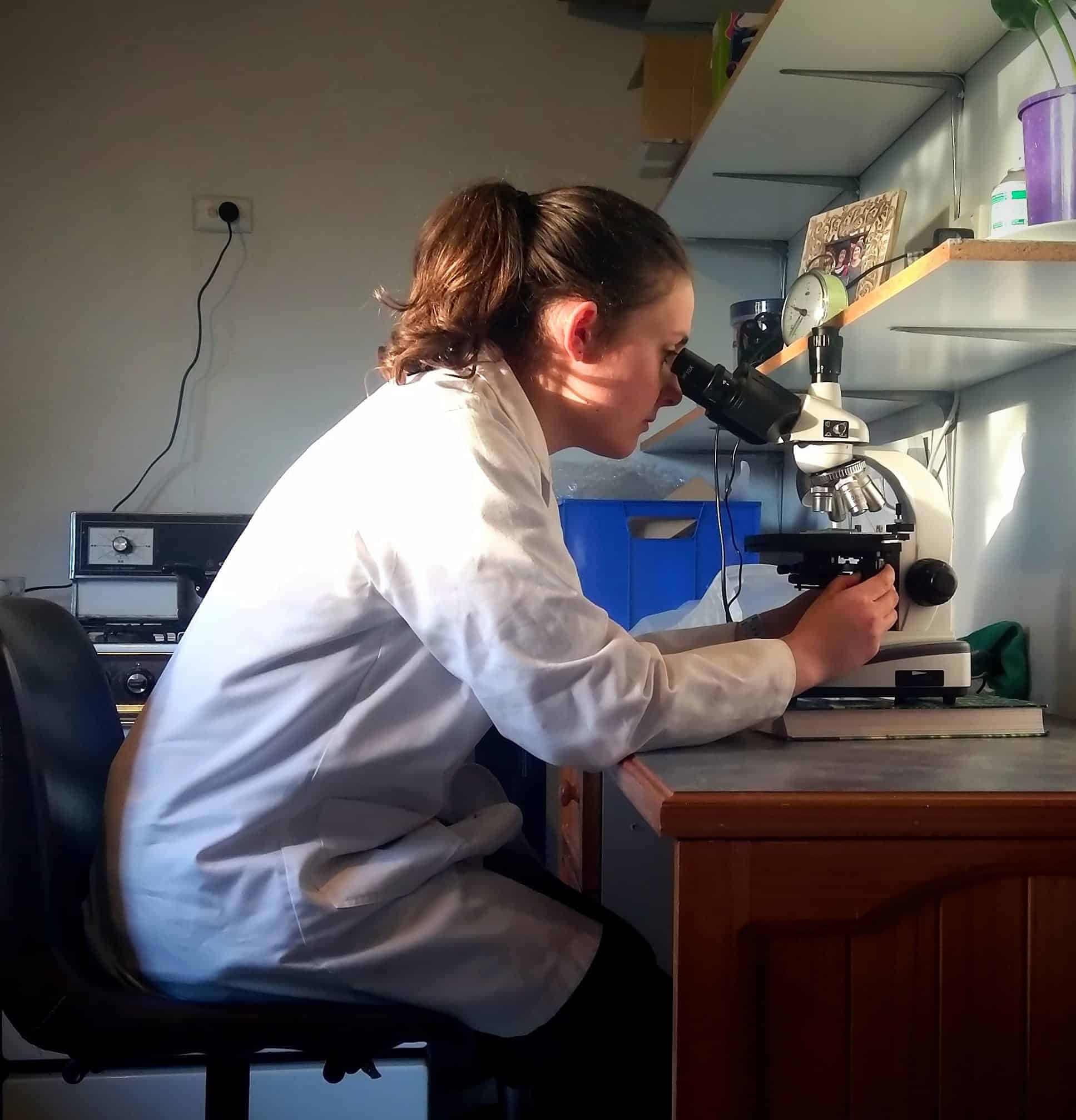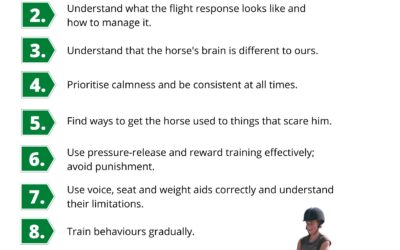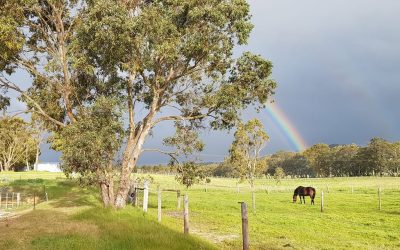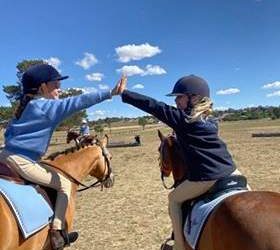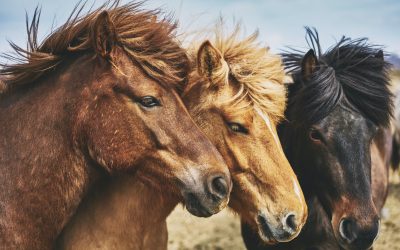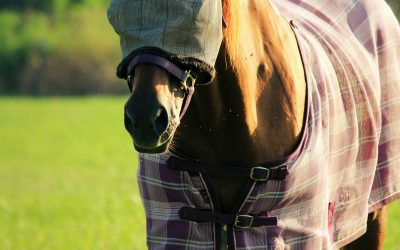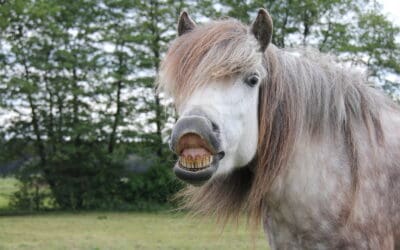Horse Resource
A life with horses starts here
Lungeing manual
The Pony Club Australia Lungeing Manual is a resource for coaches and riders, particularly those undertaking rider certificates C* and above.
Horses and Hearing
Horses and Hearing – Just like people, horses’ hearing deteriorates as they get older.
This may make them react differently, which means you need to act differently around them.
Helping Your Horse To See
Helping your horse to ‘see’.The gear you use and the way you ride can affect what a
horse sees and how he performs. When you walk the showjumping or cross country course.
Horses and Smells
What smells does your horse like? What smells make him pull this face?
The Flehmen response is when a horse raises its head, curls its lip and inhales.
Rodents in the Feedroom
Horse feed, hay, bedding, saddles and rugs are very, very attractive to rodents – ie rats and mice! But there are many really important reasons why you should not let them into your tack and feed rooms.
Body Condition Scores for Horses
Ideally your horses should have a body condition score of 3; not too fat, not too thin. Here’s some help – click here to download the chart and instructions as a poster or an A5 booklet
Spring pasture: Tips for a smooth transition
Sudden feed changes wreak havoc on a horse’s gut – including when the Spring grass comes through. But there are things you can do to limit digestive upsets.
How Winter Weather Affects Hooves – and some tips on how you can help
With proper hoof care and keeping an eye on the wetness of the ground, we can help hooves can stay strong over winter.
Horse Power… It’s About Protein!
Horses need protein to make muscles, but if the protein in a feed does not have the correct essential amino acids, it might only be 50% useable.
Feeding Horses in Winter
Feeding management in winter needs to be different to summer feeding. Check out these winter horse feeding tips.
Six Benefits of Horse Riding
Older Horses Can Do it All: Feeding and care
Many horses continue to be ridden and compete well into their 30s. Learn about their dietary and general health needs.
Seven Rules to Make Feeding Your Horse Simple
Here’s seven ways you can simplify how your feed your horse – and reduce the risk of diet or feeding-related veterinary problems at the same time.
Managing worms in Autumn
Find out why mid to late autumn is the best time of year to treat all of your horses and why a FEC is a good idea.
Do you know your horse’s vital signs?
Knowing your horse’s vital signs and what is normal for him will make it much easier for you to take good observations for your vet, and to know when to call the vet in the first place. Find out how here.
Managing worms in Summer
What is the best strategy for de-worming in summer? In Australia, it depends if you live ‘up north’ or ‘down south’.
10 Principles of Training poster
These 10 Principles of Training based on Equitation Science assist with horse welfare, rider safety and effective training
Footfalls of the Horse Poster
How to do horses move their feet in walk, trot, canter and gallop? Here’s a poster to help you learn the order of footfalls.
Managing worms in Spring
What are the stages of the strongyles’ lifecycle and how can you protect your horse?
How being with horses can help you become a better human being
Lean how horses can make us more active, help us enjoy the outdoors, think positively, feel good, be mindful, improve our communication skills and build trust and teamwork.
Laminitis
Laminitis is one of the most painful conditions for horses and one of the most distressing and frustrating conditions facing veterinarians, farriers and horse owners. In this article, our resident equine nutritionist Dr Jennifer Stewart describes how to treat and prevent laminitis.
Bot flies, be gone!
What are bot flies, how do they live, what kills them and when should horse owners and carers take action? Find out from Pony Club Australia’s resident parasitologist, Dr Jacqui Panozzo from WormCheck.
Sensory Abilities of Horses
Humans and horses can both see, hear, smell, taste and touch but the acuity (perceptiveness) of the senses are not the same. Find out the differences in this article so you can better understand how your horse sees their world.
DO YOU HAVE A COMMENT, CONCERN OR COMPLIMENT?
Provide Pony Club Australia with your feedback. Tell us what we are doing right, wrong or ask a question. Let us know!

